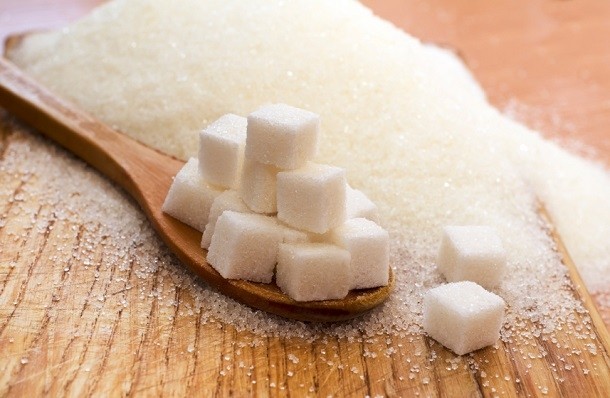Scapegoating sugar over-simplifies diet-related illnesses & clouds the solution, experts suggest

Julie Miller Jones, a professor emerita of nutrition in the Department of Family, Consumer and Nutritional Sciences at St. Catherine University, recently told attendees at FoodNavigator-USA’s Sweeteners and Sugar Reduction live forum that “the idea that [sugar] is toxic or poison is really just completely … fake news.”
She explained that humans need sugar, such as glucose to “run the brain” and muscles. It also can encourage consumption of nutrient “intense” foods, as in the case of human breast milk, fruit or when added in small amounts to oatmeal or some dairy products, she said.
“The problem,” for which sugar currently is the main scapegoat, “is that we do have rising rates of chronic disease and the real big elephant in the room, of course, is obesity. And we do have people who take in too many calories and this makes us overweight. And the thing is that the calories can come from sugar, but also are more likely to come from eating just too much food,” she said.
Consumer fear of sugar also is leading them to some alternatives that they perceive as healthier, but which might not deliver the calorie reduction or added nutrients that shoppers think they are achieving by making the switch, Jones said.
“People are really misinformed” about sugar and sweetener alternatives, she said, noting that some consumers perceive honey to be a healthier option than cane sugar because it has additional nutrients.
However, she said, “you would have to eat cups of it” to gain “any kind of amount of [nutrients] that would be actually important for the body.”
She also noted that honey is less sweet than traditional sugar so to achieve the same level of sweetness, consumers likely would intake more calories.
Similarly, she said agave is gaining consumer traction and some companies are using it to replace high fructose corn syrup in their products, but in reality agave is still mostly fructose – making the swap less impactful.
Consumers are gravitating to agave and honey in part because they want natural sweeteners, and are “very leery of artificial sweeteners,” Jones said. But, she added again that the oversimplified idea that natural is better could unintentionally cause harm, and that artificial sweeteners can provide benefits.
“We have data to show that people who choose lower calorie products, buy these artificial sweeteners and the non-caloric sweeteners that may help them both control their diabetes better and it may help them with weight loss in some cases,” she said.
Weighing low-sugar and clean label
The conflicting consumer desire for lower calorie options and also “clean label” sweeteners is something that manufacturers are struggling to understand, acknowledged Laura Dembitzer, who also participated in FoodNavigator-USA’s forum as the marketing director of drink think tank Imbibe.
“This is an area where manufacturers are really struggling … to understand the hierarchy of consumer values, meaning what is more important to those consumers. Is it having a zero calorie or zero sugar product at any cost, and therefore, artificial sweeteners are ok? Or is it clean label right up there with low sugar, and therefore natural sweeteners are ok,” even though sweetness profiles may suffer a little bit, she said.
“One of the best solutions” to this conundrum that many brands are embracing “is offering more than one version of the no calorie or low calorie product to avoid alienating your consumer base,” she said.
What to consider when reformulating
While consumer response is an important point to consider when reformulating products to reduce sugar, Dembitzer noted it is far from the only factor that manufacturers must weigh.
There is “lots to consider when you are making a choice about which sweetener you want to go with. … Cost is a massive consideration, labeling implications, taste implications and of course regulatory limitations are all factors,” she noted.
Dembitzer walked listeners of FoodNavigator-USA’s Sweeteners and Sugar Reduction live forum through how to weigh each of these factors when formulating products and listed pros and cons for different options that were both natural, artificial, non-nutritive and nutritive. To learn more, download the free one-hour webinar on demand HERE.
















